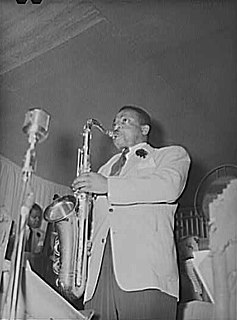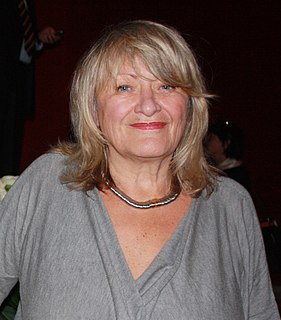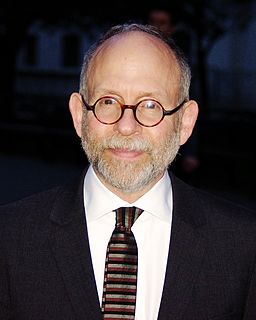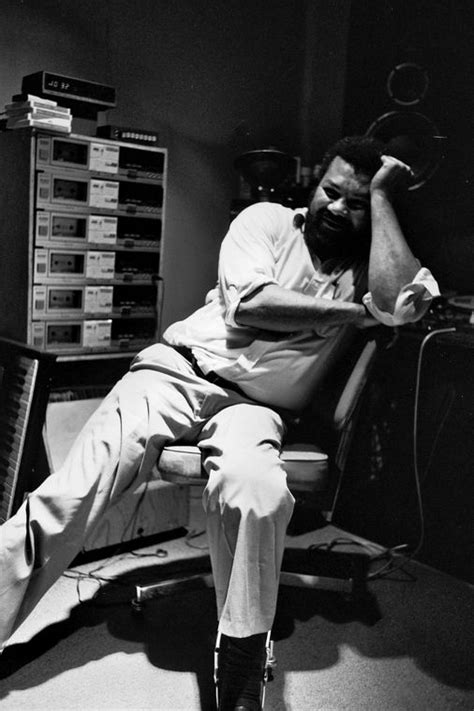A Quote by Paul Samuelson
The niceties of existence were not a matter of concern, yet everything around was closed down most of the time. If you lived in a middle-class community in Chicago, children and adults came daily to the door saying, 'We are starving, how about a potato?' I speak from poignant memory.
Related Quotes
I used to live at the Cecil Hotel, which was next door to Minton's [Playhouse]. We used to jam just about every night when we were off. Lester [Young], Don Byas and myself - we would meet there all the time and like, exchange ideas. It wasn't a battle, or anything. We were all friends. Most of the guys around then knew where I lived. If someone came in Minton's and started to play - well, they'd give me a ring, or come up and call me down. Either I'd take my horn down, or I'd go down and listen. Those were good days. Had a lot of fun then.
That’s how Ptolemy imagined the disposition of his memories, his thoughts: they were still his, still in the range of his thinking, but they were, many and most of them, locked on the other side a closed door that he’s lost the key for. So his memory became like secrets held away from his own mind. But these secrets were noisy things; they babbled and muttered behind the door, and so if he listened closely he might catch a snatch of something he once knew well.
As soon as you opened your mouth and said the word woman, you were beaten down with the argument that you were betraying the class struggle. There are many poignant writings in which feminists first write pages about their class standpoint before getting to their actual issue. What was then known as class warfare is today called anti-racism. The threat of being accused of racism gave birth to false tolerance.
Children have a lesson adults should learn, to not be ashamed of failing, but to get up and try again. Most of us adults are so afraid, so cautious, so 'safe,' and therefore so shrinking and rigid and afraid that it is why so many humans fail. Most middle-aged adults have resigned themselves to failure.
Remember 'The Brady Bunch' TV show? That 1970s family had a full-time live-in housekeeper called Alice. Mrs. Brady worked at the PTA and did community work. She didn't clean her own house. That was middle class. Now you have to be very rich to employ a housekeeper. Everything it meant to be middle class has changed dramatically.
These events are swirling around them. In the white community, people felt like they had no control over their neighborhoods, their destiny. In the black community, centuries of government and economic forces were pushing on them. I went in with a kind of arrogance, maybe, that came from living in a very intellectual family, and I left knowing that there was a lot about the way people lived that I didn't know about.
Every generation likes to think that children don't read as much as they used to when they were young! You listen to some adults saying they were going around reading 'Ulysses' when they were seven or eight! I think children are voracious readers if you give them the right books and if you make those books accessible to them.
It's easy to say why I love coming to Chicago for my signings, because I still remember the very first time I came to Chicago, right before 'Shiver' came out. I remember I was so struck by the feel of the city, how wide open it felt, even with these massive buildings all around me. The parks and green spaces are incredible.




































